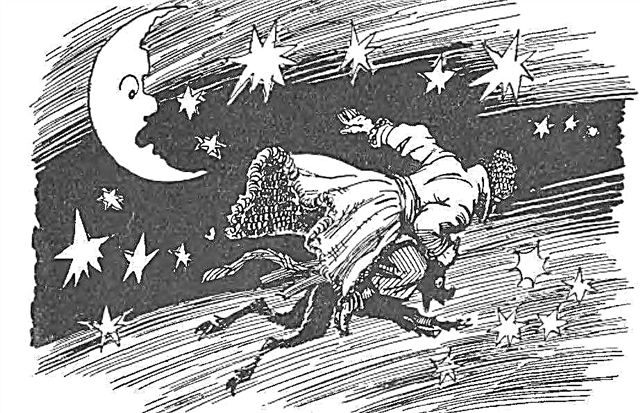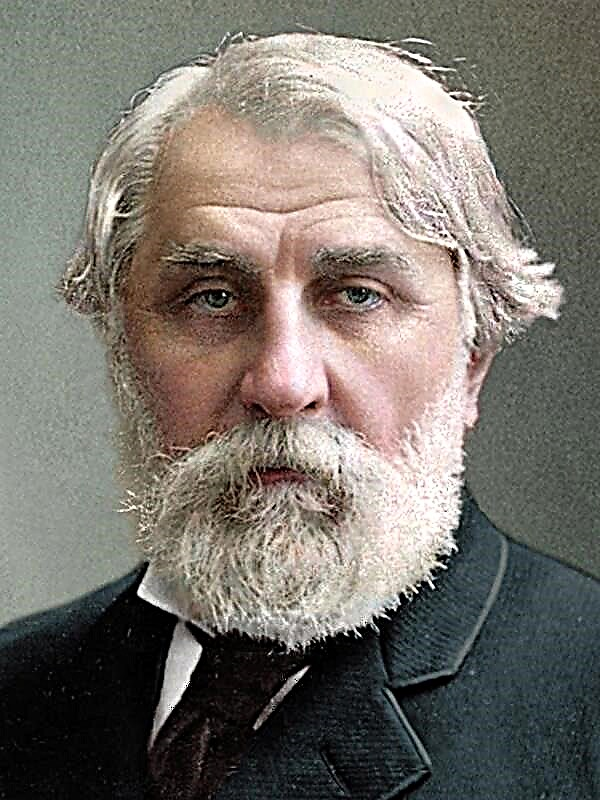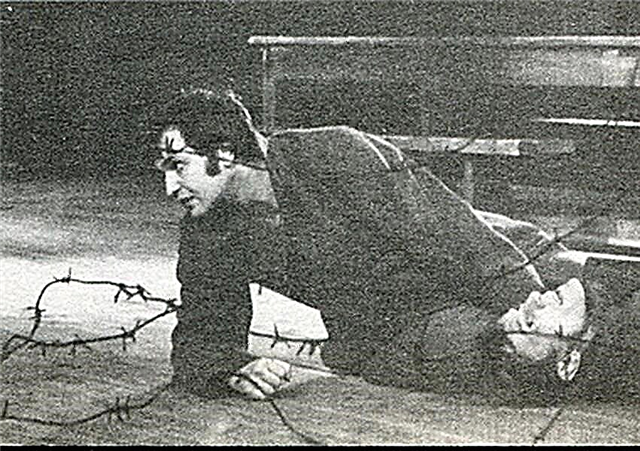Mikhail Yurievich Lermontov is a famous poet and prose writer. All his works are filled with liveliness, all his characters are multifaceted and interesting. The same can be said of his poems. They are full of emotions, they are versatile, they open the inner world of the creator. His works are part of the school curriculum, starting with high school. The novels, poems, and stories of Mikhail Yurievich are read and studied not only in our country, but also abroad.
History of creation
In the 1830th year, the poet met with Ekaterina Sushkova. Sixteen-year-old Mikhail immediately falls in love with her. Unfortunately, his beloved did not feel any romantic feelings for him, even more than that, she gave him such a characteristic:
A clumsy, clubfooted boy with smart, expressive eyes and a sarcastic mocking smile.
After some time, they had to leave for four whole years. In 1831, Mikhail Lermontov wrote this poem and dedicated it to Catherine. He brutally avenged his scolded love when he upset the girl’s engagement by convincing her that the famous writer, that is, he himself, was still crazy about her.
Genre, direction and size
Lermontov’s work is characterized by multi-genre. He writes in absolutely any direction, skillfully combining love of nature, smart and interesting reasoning in his works, which are not devoid of warmth. This work just relates to the poet's love lyrics.
It is written “I do not love you” with four-legged iamba. Cross rhyme. In general, this is not the first experience of Mikhail Yurievich in this topic. On the topic of love in his life, the writer wrote about 160 poems.
Images and Symbols
The lyrical hero is the writer himself. He compares his heart and soul with the temple. The image of the beloved is a deity. It warms the temple with its radiance.
The hero of the poem suffers, it is hard for him, but in the end he admits that, despite all the suffering, his soul and heart remain a temple for this deity, and it will always be something special for him.
Themes and mood
The poet addresses the theme of the experiences of a man in love. In this short poem, Mikhail Yurievich captured all the conflicting thoughts that arise in a man who parted with his beloved. On the one hand, he is sad, he seems to have forgotten about his feelings, but on the other hand, he is upset and unpleasant that everything ended up being forced to suppress his love.
Of course, the main theme is unrequited love and the subsequent separation, which will forever remain a scar on the heart. But the lyrical hero cannot be angry and hate, he will never throw his idol off the pedestal.
This poem is like a farewell letter in which he says that he had a hard time, but he managed and forgot his love, he had to break himself. It's all over, but the aftertaste of a broken heart still remains.
Idea
In this poem, Mikhail Lermontov conveys his feelings. He splashes them in verse in order to free his soul and heart from experiences, to clear his thoughts of the memory of his former lover. But still, it is still the meaning of his life, no matter how much he wants the opposite. Such passion does not disappear, but simply lurks in the soul, like a sleepy volcano.
The poet was very loving, which is quite typical for creative personalities (they need a muse). But in his poems, his love is always sad. The affair with Sushkova was quite interesting, since Lermontov at first could not get her in any way, and then he cruelly deceived his beloved. This poem is just a small drop in the love lyrics dedicated to Sushkova. “I do not love you” can be called a poem ending the author’s love story, so the main idea is to voice the last chord of the melody of passion that the creator leads to the end.
Means of artistic expression
At first glance, it seems that the poem does not have any special means of expressiveness, but if you look in more detail, you can find metaphors: “the image is alive, although powerless”; personification: "the dream has passed away"; epithets: “former dream”, “idol defeated”, “abandoned temple”.
Inversion is also present. Due to this, the work has a more interesting sound. In general, this poem is not big, but the author so harmoniously combines all the words that it immediately takes for the soul.












